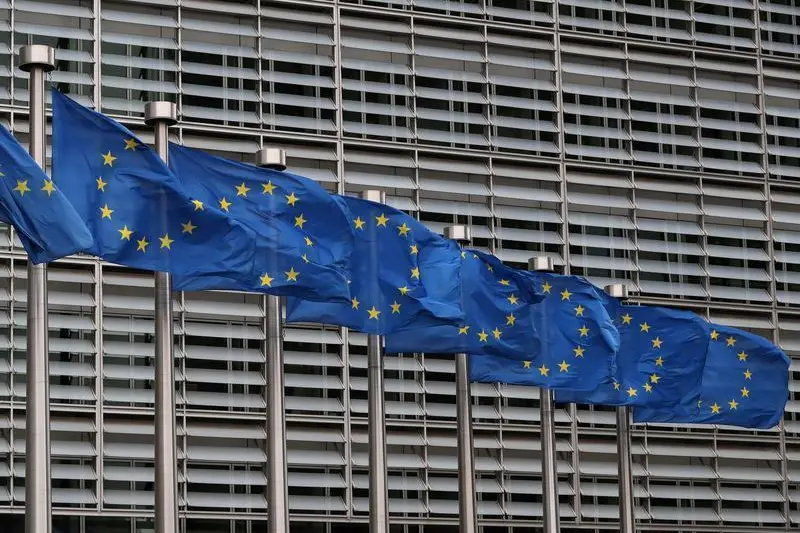PHOTO
BRUSSELS - The European Union is considering a proposal to quit an international energy treaty that has become mired in climate change concerns, but leave an option for individual countries to stay in an updated version of the accord, a document showed.
The 1998 Energy Charter Treaty lets energy companies sue governments over policies that damage their investments, a system initially designed to support investments in the sector.
But in recent years it has been used to challenge climate policies that require fossil fuel projects to shut - raising concerns that the treaty is undermining efforts to address global warming.
The European Commission has said a coordinated EU exit from the treaty appeared "unavoidable", after member countries including France, Germany, the Netherlands, Poland and Spain individually announced plans to quit.
However, a handful of countries, including Cyprus, Hungary and Slovakia, have signalled they may prefer to stay in an updated version of the accord - leaving Brussels searching for a way forward that would appease all of its members.
A new proposal, which EU country diplomats will discuss this week, said the 27-country EU should agree to jointly leave the treaty, but at the same time, let some individual EU countries stay in a modernised version of the treaty.
This would provide EU countries and lawmakers in favour of leaving with "reassurances that there will be an early and swift withdrawal of the EU," said the proposal, seen by Reuters.
It could also unblock a planned upgrade of the treaty - which aimed to address some of the climate concerns, but has met a mixed reception from EU countries and criticism from campaigners - and then let some EU countries remain in the modernised treaty, the document said.
A decision by the treaty's roughly 50 signatories to approve a the upgrade has been on hold while EU countries debate their next move.
In its current state, the unreformed treaty has a "sunset clause" that would protect existing fossil fuel investments in Europe for 20 years even after the EU quit.
The EU says that undermines its climate change targets. The reformed version would let the EU shorten that protection, but it would still be 10 years.
The proposal was drafted by Sweden, which holds the EU's rotating presidency and chairs negotiations among EU countries. If it wins countries' support, Brussels would draft legal texts to proceed with the EU exit.
(Reporting by Kate Abnett; editing by Jan Strupczewski)





















